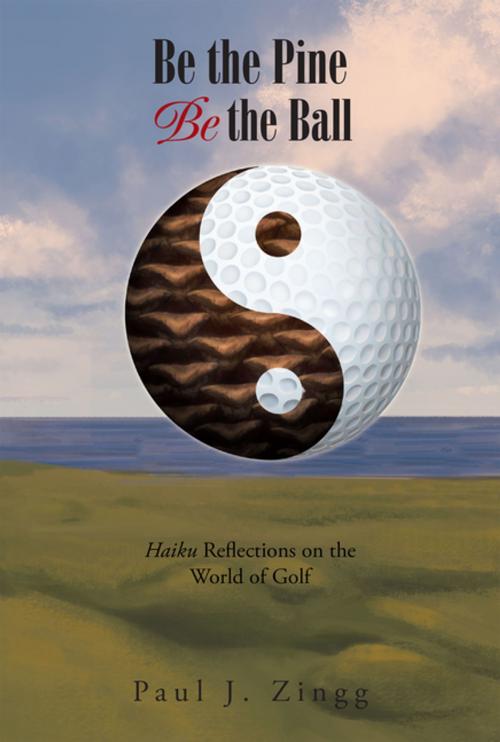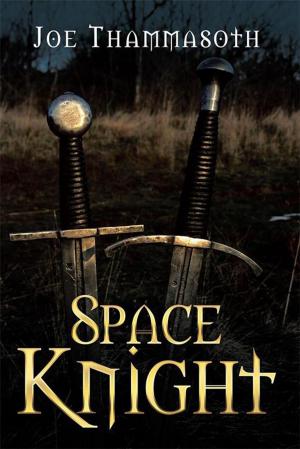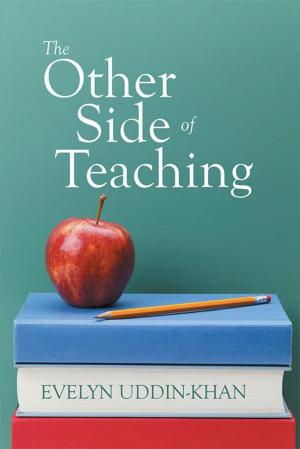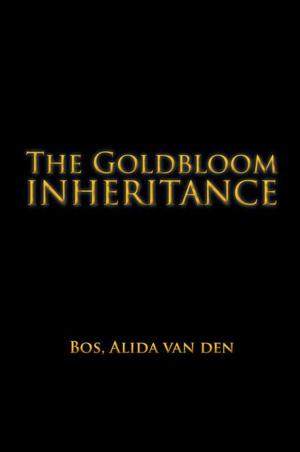Be the Pine, Be the Ball
Haiku Reflections on the World of Golf
Nonfiction, Sports, History, Fiction & Literature, Poetry| Author: | Paul J. Zingg | ISBN: | 9781984516886 |
| Publisher: | Xlibris US | Publication: | April 27, 2018 |
| Imprint: | Xlibris US | Language: | English |
| Author: | Paul J. Zingg |
| ISBN: | 9781984516886 |
| Publisher: | Xlibris US |
| Publication: | April 27, 2018 |
| Imprint: | Xlibris US |
| Language: | English |
Focusing on the landscapes and memory of golf and examining the games nature and appeal, this collection of seventy-two haiku poems and essays aims to lead readers to a fuller appreciation of the culture and history of golf and a deeper awareness of a players place in the game. Be the Pine, Be the Ball also reveals the compelling beauty and power of haiku, the most popular poetic form in the world. Through the brevity of its style, precise language, and ability to reveal how ordinary moments and elements of our lives are pathways to a better understanding of ourselves and the world around us, haiku can have both a meditative and consequential effect on the reader. A key to the connection between haiku and golf is that both foster powers of concentration and detailed observation with a related reduction of distractions. Both seek to cultivate a more tranquil and disciplined mind and to translate that condition into how a life is lived and a game is played.
Focusing on the landscapes and memory of golf and examining the games nature and appeal, this collection of seventy-two haiku poems and essays aims to lead readers to a fuller appreciation of the culture and history of golf and a deeper awareness of a players place in the game. Be the Pine, Be the Ball also reveals the compelling beauty and power of haiku, the most popular poetic form in the world. Through the brevity of its style, precise language, and ability to reveal how ordinary moments and elements of our lives are pathways to a better understanding of ourselves and the world around us, haiku can have both a meditative and consequential effect on the reader. A key to the connection between haiku and golf is that both foster powers of concentration and detailed observation with a related reduction of distractions. Both seek to cultivate a more tranquil and disciplined mind and to translate that condition into how a life is lived and a game is played.















